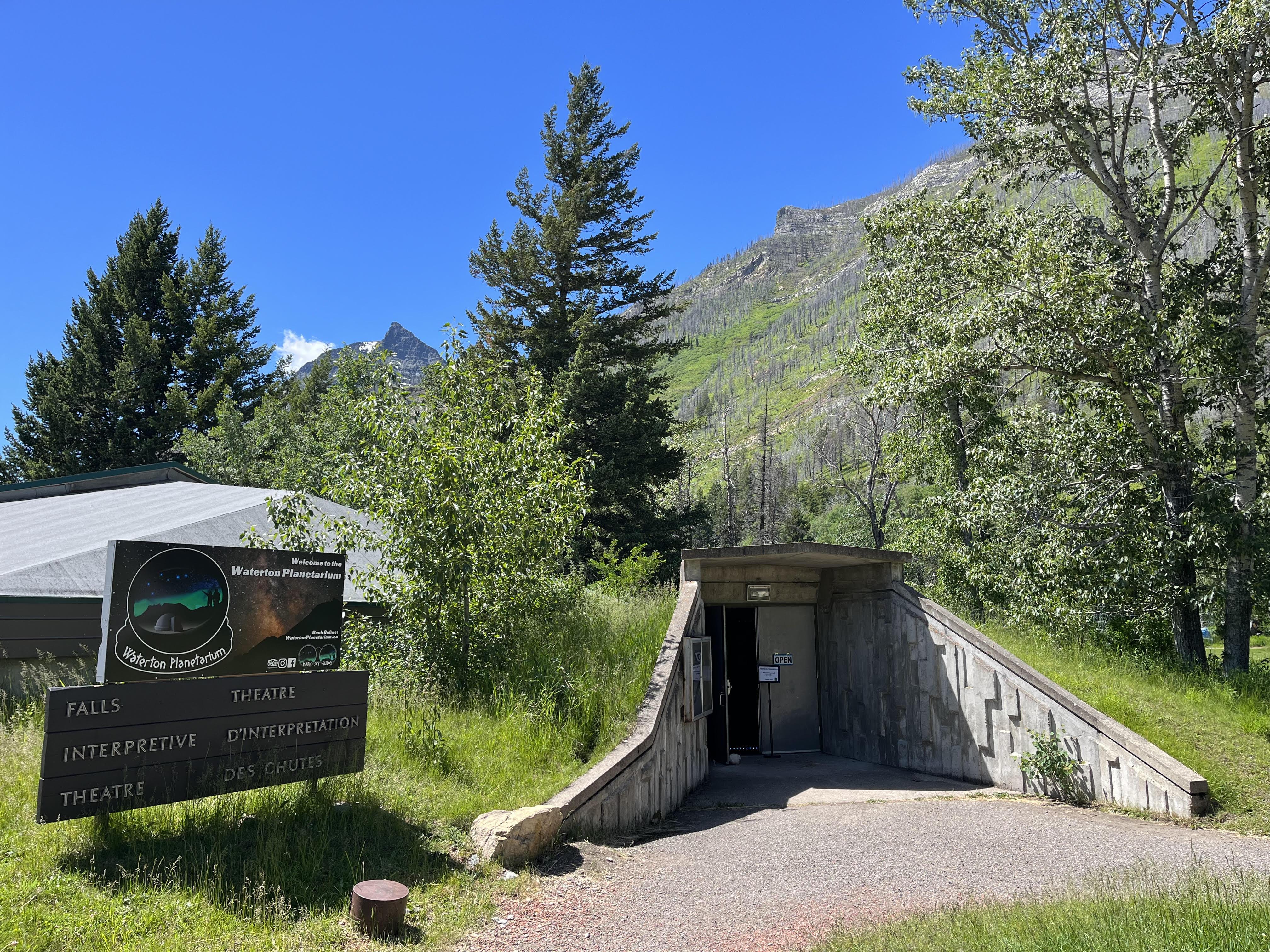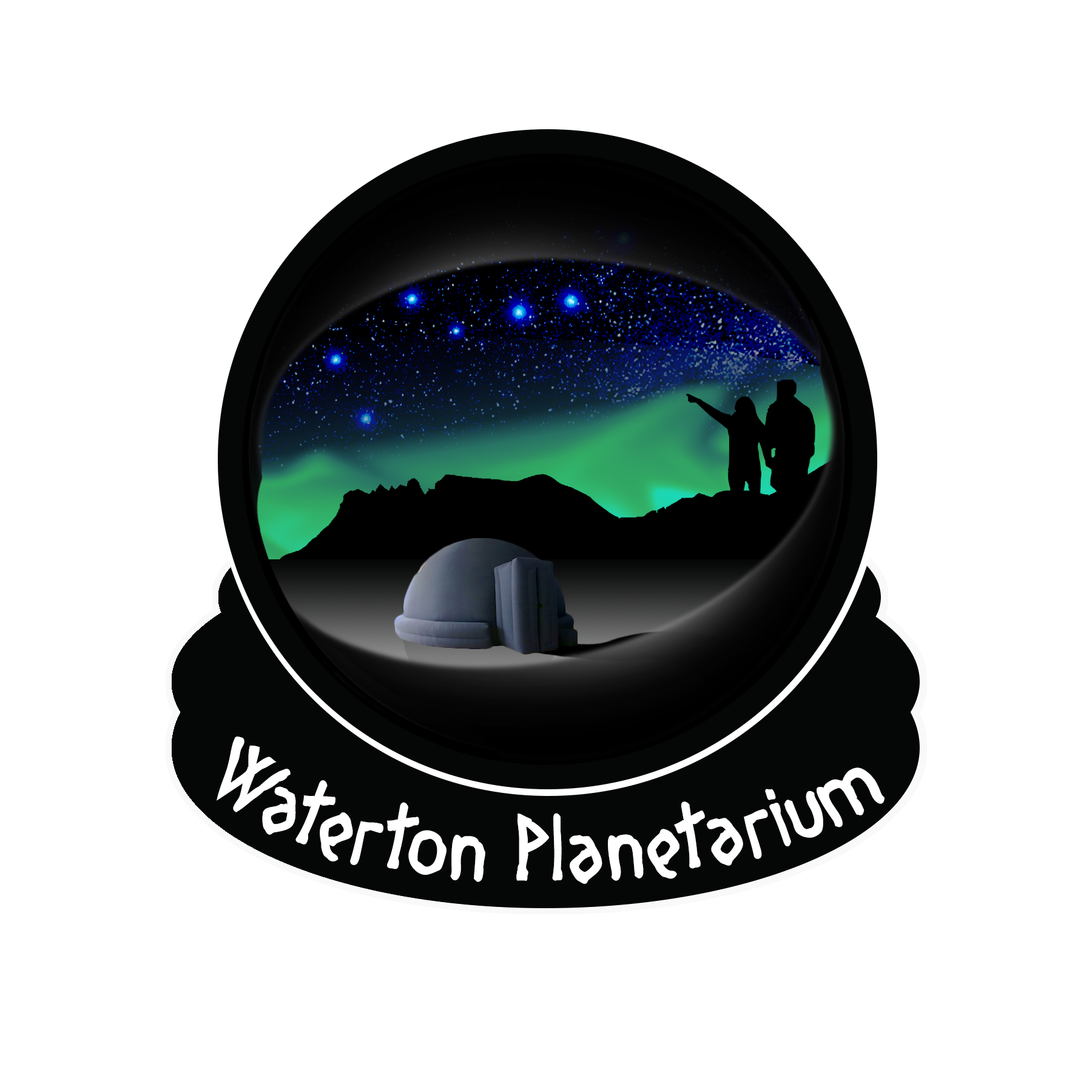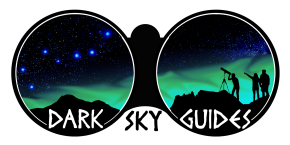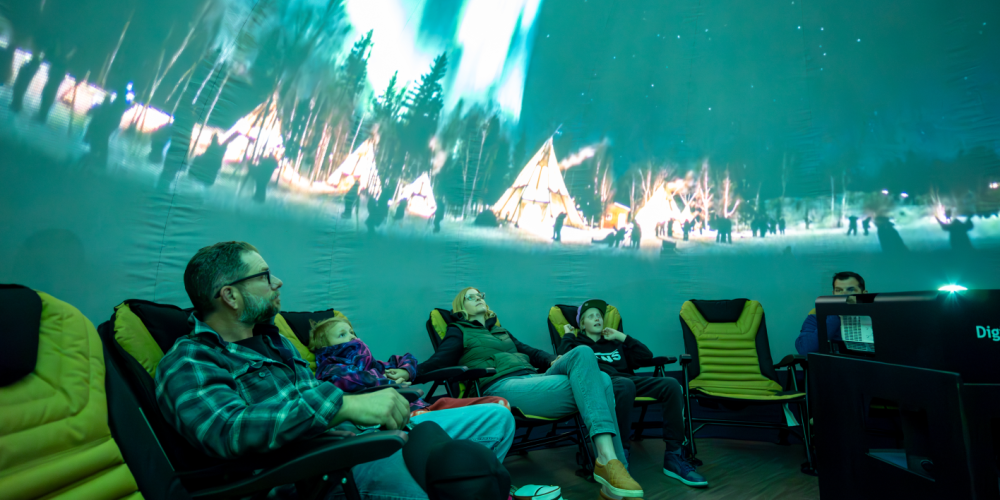Waterton Planetarium
Step into our indoor Dome Planetarium to discover the cosmos and explore the night sky even when the weather doesn't cooperate. So sit back, relax, and enjoy 360° views of celestial environments, thanks to an impressive fisheye projector lens. You will be able to travel throughout the solar system and discover the universe, without ever leaving the dome planetarium, as you experience informative, enthralling presentations on stargazing, space exploration, natural history and light pollution.
Please visit us near Cameron Falls in the Waterton townsite. Our inflatable dome planetarium is the newest attraction in Waterton Lakes National Park and the region's only Planetarium!
Update February 5, 2025: The Waterton Planetarium is OPEN year-round, and we have shows available from 2:30pm to 5:30pm daily. However, our actual open hours from October - April may be a little bit like watching for shooting stars during a meteor shower - slightly random and a little unpredictable.
Please click the "Book Now" button below to view our reservation calendar and see available showtimes. Walk-ins are welcome, but we do not guarantee that we will be open, unless we have reservations booked in advance. So, to guarantee your seats and showtime, we strongly encourage you book tickets online, before 11:30am on the day of your desired showtime. If a show appears unavailable, please contact us to see if we can open up on short-notice for you!
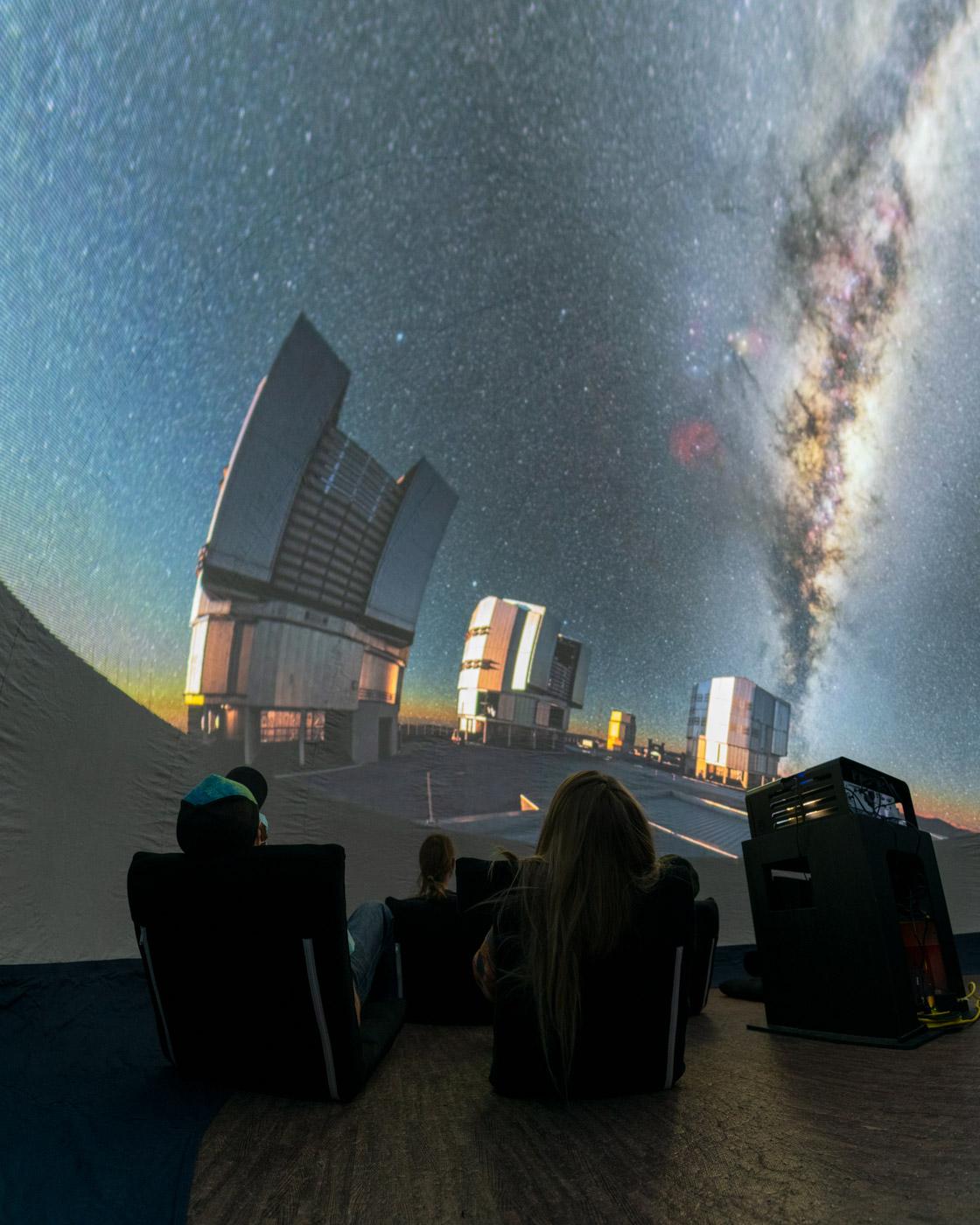
Price:
Adults: $24.00
Children (2-12): $14.00
Discounted rates are available if booking multiple shows - Discounts will be applied after your reservation request has been submitted, but before your credit card is charged.
To guarantee your spots, we recommend that you book your tickets online, in advance. However, we welcome walk-ins, and tickets can be purchased in person upon arrival, subject to availability.
Max Number of Participants: 12
Min Number of Participants: 2
Planetarium shows are best-suited for participants ages 4+. We have found that childen 0-3 years old may find the shows overwhelming, as planetarium shows can be stimulating environments for little ones, and we wish to minimimze any distruptions to other guests. All children must be accompanied by an adult. Please note that telescopes are NOT part of the planetarium show.
Planetarium shows start promptly and the doors will be closed at that time; latecomers will not be permitted to enter the facility once the show has started. As such, we recommend that you arrive 5 minutes before the show starts.
Most feature programs are followed by a short, complimentary show called Losing the Dark.
Now Playing:
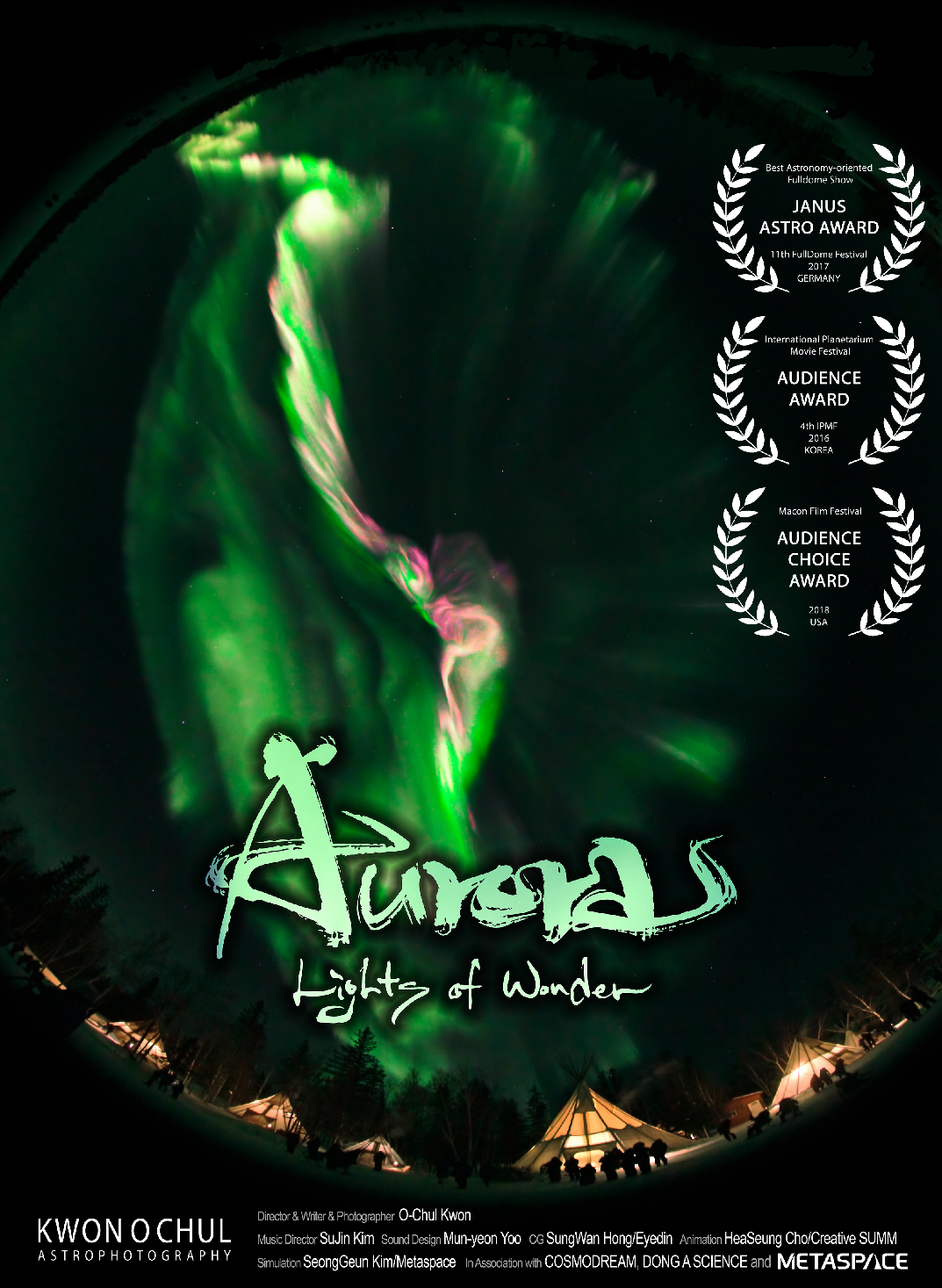
Aurora: Lights of Wonder
Duration: 29 minutes
The Aurora Borealis is an atmospheric phenomenon that has dazzled and inspired humans for millennia. Dive into this 360-degree cinematic experience and explore the stories, science, and secrets behind the dance of the Northern Lights. In this multi award-winning film you will learn what ancient civilizations believed about the Northern Lights, see the Northern Lights from the International Space Station, hear how scientists of the past and present have explained this spectacular phenomenon, and discover the secret behind the vibrant auroral colors. Thanks to the pioneering work of astrophotographer, Kwon O Chul, you can now experience firsthand the incredible dance of the Auroral ribbons of green and purple as never before.
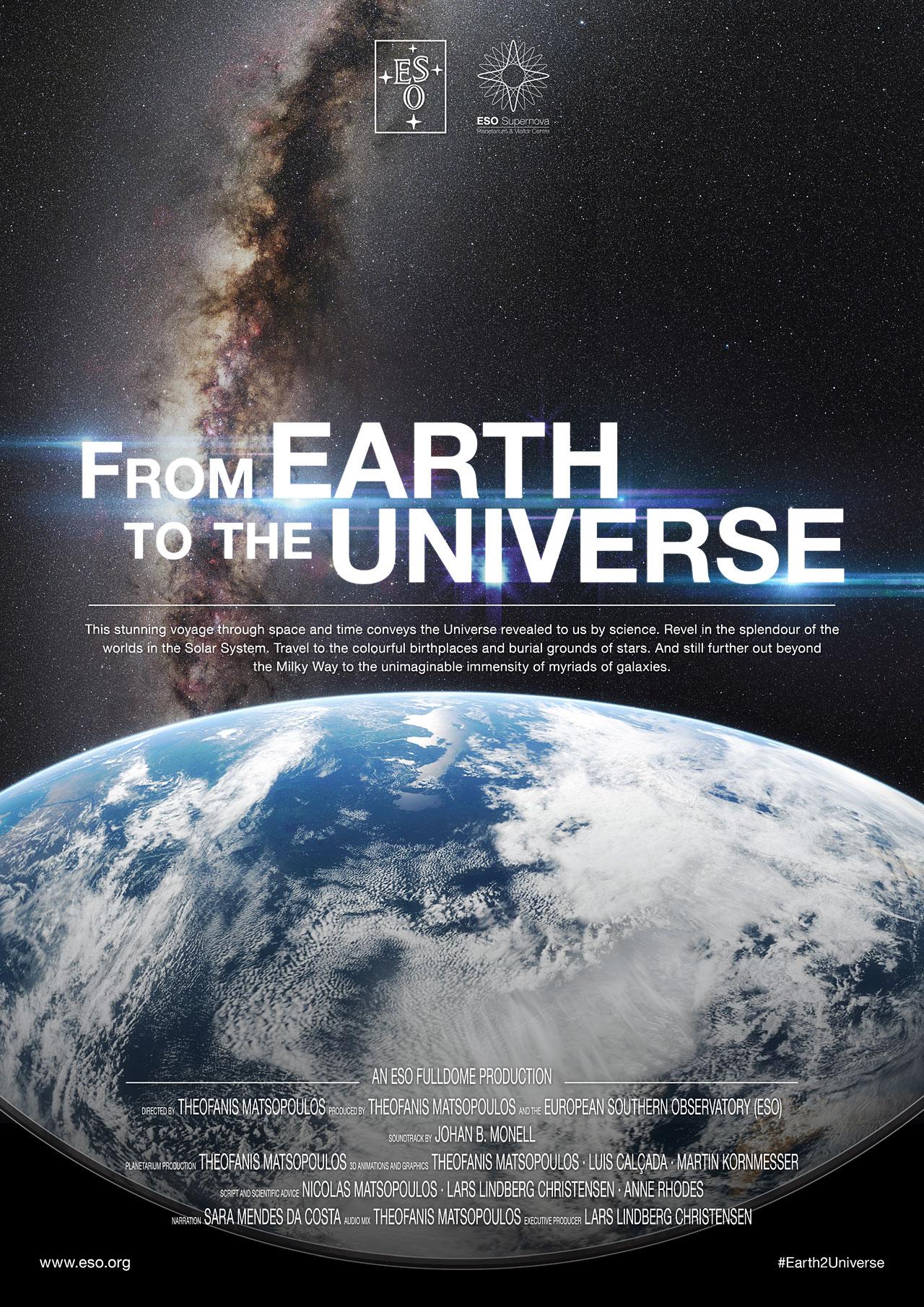
From Earth to the Universe
Duration: 31 minutes
The night sky, both beautiful and mysterious, has been the subject of campfire stories, ancient myths and awe for as long as there have been people. A desire to comprehend the Universe may well be humanity’s oldest shared intellectual experience. Yet only recently have we truly begun to grasp our place in the vast cosmos. To learn about this journey of celestial discovery, from the theories of the ancient Greek astronomers to today’s grandest telescopes, we invite you to experience From Earth to the Universe. Viewers can revel in the splendour of the worlds in the Solar System and our scorching Sun. From Earth to the Universe takes the audience out to the colourful birthplaces and burial grounds of stars, and still further out beyond the Milky Way to the unimaginable immensity of myriad galaxies. Along the way, the audience will learn about the history of astronomy, the invention of the telescope, and today’s giant telescopes that allow us to probe ever deeper into the Universe.

One Sky Project
Duration: 44 minutes
One Sky Project is a global collaboration between astronomers, planetarium professionals, and educators from Canada, China, India, Japan, and Polynesia. This multi award-winning program is a collection of 6 short films - each representing the perspective of a different culture or Indigenous society from around the globe. You will experience the Greek myth of Orion’s immortalization in the sky; the Navajo tale of the Thunderbird who transcends space and time; the dream of the great Indian ruler, Jai Singh, who brought order to the skies; the legend of the Celestial Canoe that guided the First Peoples of eastern Canada through the seasons; the recollections of a Japanese woman who finds solace in the memories of music, history, and childhood that are evoked by images in the sky; and the wise words of a Hawaiian wayfinder who, like her ancestors before, uses the night sky to navigate the Pacific Ocean. This film reminds us that while we may differ in culture and perspective, we all live under the same sky.
*Losing the Dark is NOT shown after this Feature Program.
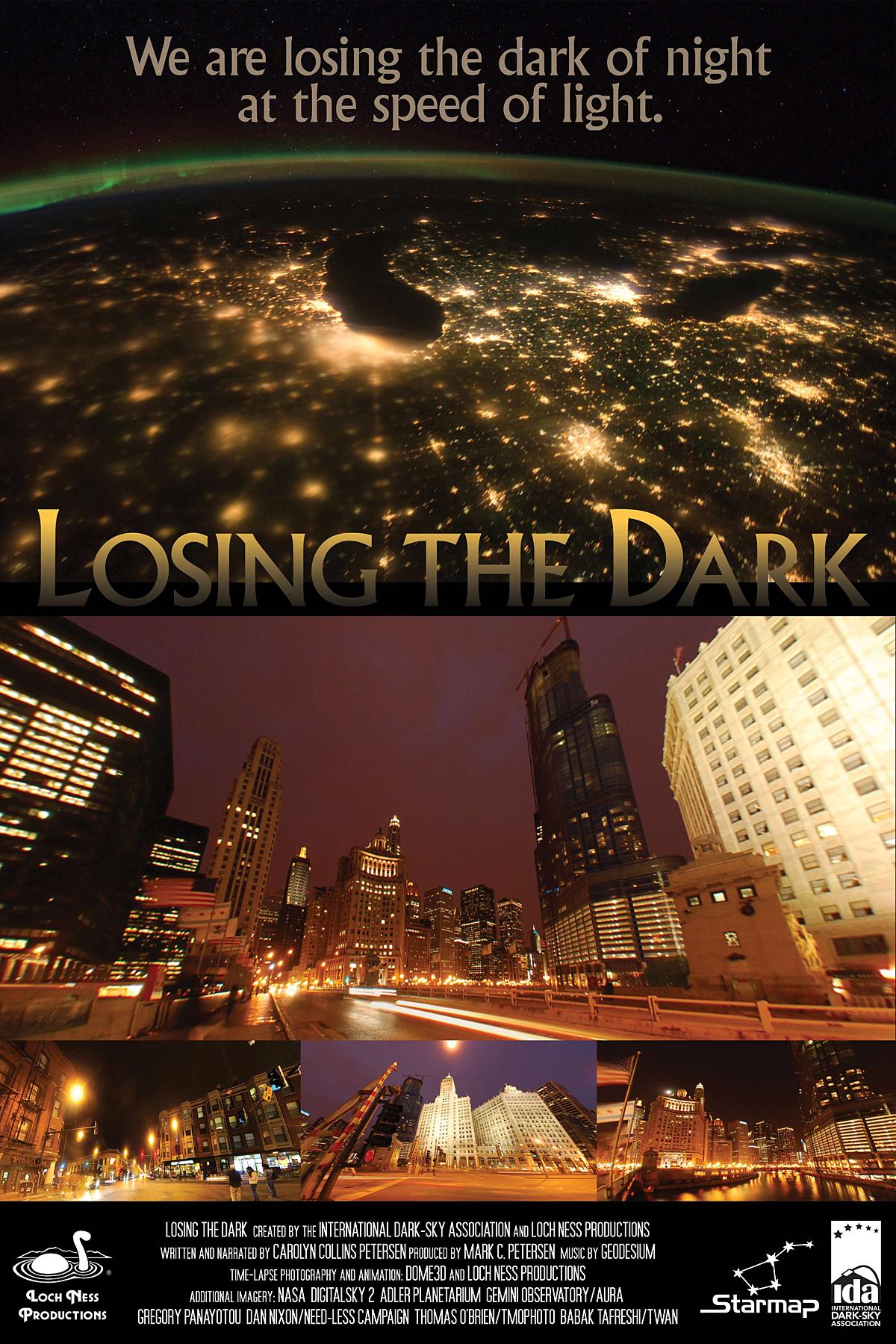
Losing the Dark
Duration: 7 minutes
This show, produced by the International Dark Sky Association illustrates some of the issues regarding light pollution, and suggests simple actions people can take to help mitigate it.
What to Bring / Wear / Expect
- The Waterton Planetarium is wheelchair friendly and accessible for those with reduced / limited mobility!
- Though this is an indoor planetarium experience, some people may find the temperature cool inside the planetarium, so you may want to wear a sweater or your jacket.
- No outdoor footwear is permitted inside the Dome Planetarium; you will be asked to remove outdoor footwear prior to entering the planetarium, so please ensure you are wearing socks (you are welcome to bring indoor shoes or slippers).
- You may want to bring an airplane / travel pillow for additional neck support/comfort (if desired).
- Food and drink is not permitted inside the planetarium.
- Seats are low-laying, recliner-style; seating is first-come, first-served.
- Most Feature Programs will be followed by the complimentary, short program about light pollution, called Losing the Dark.
- Due to the close-quarters proximity of seating, and the enclosed space inside the Dome Planetarium, participants are welcome to wear masks if they desire.
- If for some reason you must leave the planetarium mid-show, you will be assisted in exiting the Dome, but will not be permitted to reenter - we apologize for any inconvenience, as we try to minimize distruptions to all guests watching the program.
Getting to the Planetarium
407 Evergreen Ave.,
Waterton Park, AB., T0K 2M0
The Waterton Planetarium is located inside the Falls Interpretive Theater (aka. "the underground theater"), near Cameron Falls, in the Waterton townsite. Follow the pathway beside the Cameron Falls washroom facility for 120-meters (heading east/southeast - away from Cameron Falls) to reach the Planetarium Entrance. We'll see you soon!
